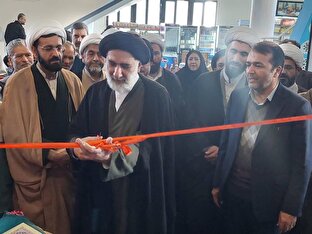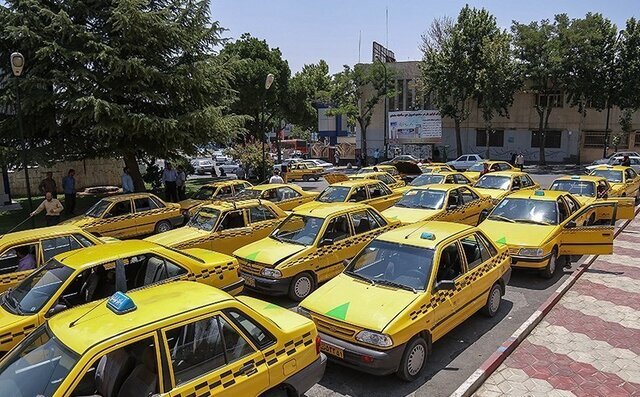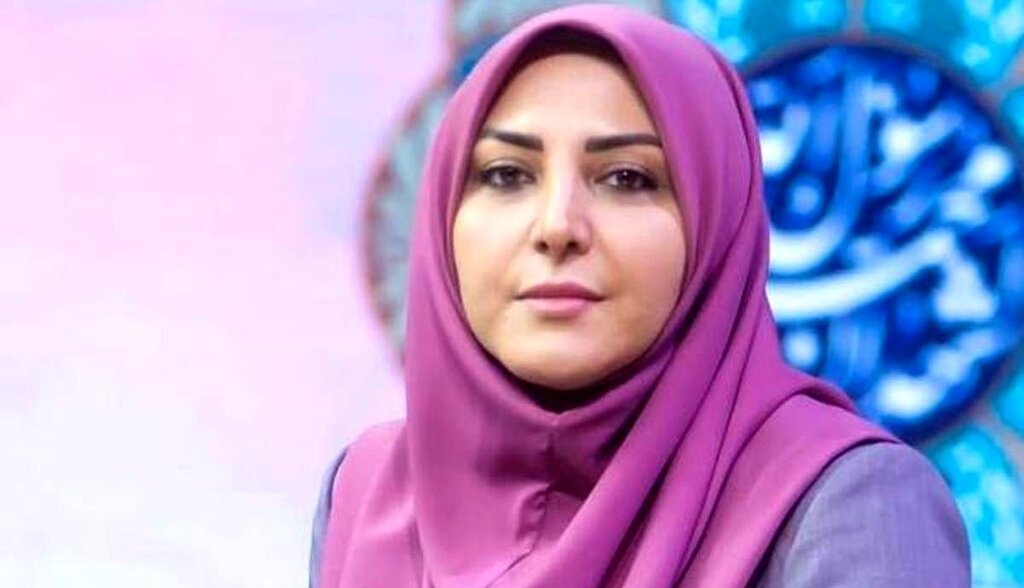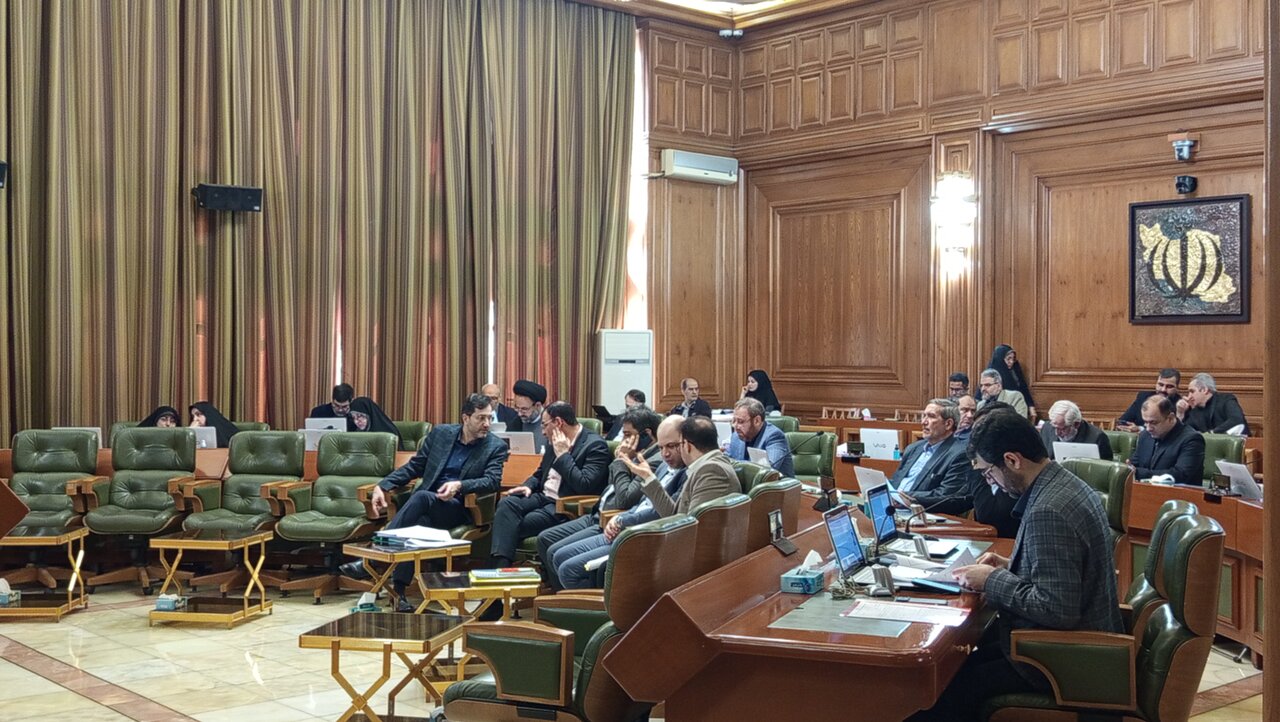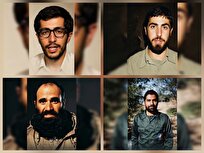'Sniper safaris': Like Bosnians, Palestinians in Gaza have become dehumanised targets
'Sniper safaris': Like Bosnians, Palestinians in Gaza have become dehumanised targets

Reports out of Milan, where prosecutors are investigating allegations that rich tourists paid to kill civilians for sport in Sarajevo’s infamous “Sniper Alley” during the Bosnian War in the 1990s, are shocking only to foreigners.
The allegations now emerging are as grotesque as they are painfully familiar to Bosnians: access arranged through intermediaries, payments set by target, children costing more to kill.
This story was reported and documented by local and regional media as far back as 1995, and more recently in Bosnian writer Haris Imamovic’s book Vedran and the Firemen and Miran Zupanic’s 2022 documentary Sarajevo Safari.
What is deeply disturbing to a Bosnian like myself is not just the horror of these reports, but the conditions that made such violence possible.
Behind the ghastly “tourism” allegations sits a deeper pathology: the systematic dehumanisation of Bosnian Muslims in the 1990s, echoed today by the modern spectacle of foreigners joining forces with the Israeli army to kill Palestinian civilians in Gaza without consequence.
Dehumanisation is the process by which a population is stripped of personhood and rendered as a mass, a threat, an abstraction - rather than a collection of lives with agency and dignity.
Scholars of mass violence have long noted that before physical destruction comes symbolic destruction: the erosion of empathy, the removal of moral restraint. Once a population is expelled from the moral community of “those who matter”, killing becomes possible - even ordinary, or recreational.
Moral void
During the early 1990s, Bosnian Muslims were first linguistically and politically exiled from humanity. They were called (primarily by Serbs, but also by right-wing Islamophobes in the West) “Turks”, “extremists” and “Islamic fundamentalists” - the bearers of an alien project that had to be extinguished.
In this moral void, the idea of foreign “sniper tourists” became thinkable. Once victims were no longer human in the eyes of their killers, their suffering could become a spectacle.
Today, we see a similar process in the discourse surrounding Palestinians. Decades of dehumanising language, cemented after the Hamas attacks of 7 October 2023 - which saw Palestinians labelled as “terrorists”, “human animals” and “barbarians” - have turned civilians into targets, and targets into abstractions.
Members of the media must recover the courage to humanise victims; to insist on names, stories and faces, even when doing so is geopolitically complicated
When entire communities are portrayed as subhuman, their deaths become not a moral crisis, but a strategy; their suffering not tragedy, but necessity. The slaughter in Gaza - including the killing of tens of thousands of children, and the dehumanisation of its people - are not historical accidents; they are outcomes of a long process of ideological conditioning.
The Milan investigation into “sniper tourism” is not just about Bosnia’s past. It is a warning about our present.
There is ample evidence of dual nationals enlisting as Israeli snipers and killing Palestinian civilians. An investigation by the Guardian and several other media outlets documented American and European members of a “ghost” sniper unit who boasted of killing more than 100 Palestinians.
According to a report in the New Arab, up to 20,000 Americans are believed to have travelled to Israel to serve as “lone soldiers”. Writing in the Guardian, one commentator observed: “We’re faced with a reality in which tens of thousands of Americans are actively involved in war crimes.”
While the circumstances of Bosnia and Gaza differ profoundly, both hinge on the same prerequisite: the dehumanisation of victims. In Sarajevo, the targets were Bosnian Muslim civilians crossing the street. In Gaza, they were Palestinian children, journalists, doctors. In both cases, their humanity was pre-emptively erased.
Dehumanisation converts murder into activity, atrocity into participation. It enables people to cross the unthinkable threshold from observer to perpetrator.
Years of propaganda
Research on dual nationals enlisting in the Israeli army identifies three dominant motivations: ideology, mobility and belonging. Some enlist out of conviction, to defend what they perceive as their ancestral homeland. Others do so as part of migration trajectories or in search of identity.
What connects them all is moral permission. Killing in a foreign land requires not just political justification, but a deep psychological restructuring: an assurance that the person on the other end of the rifle is less human, less worthy of life.
For Bosnia and Herzegovina, the Milan investigation offers an opportunity to confront not just the alleged criminality of individuals, but the moral corrosion that could have allowed such a practice to emerge.
It is a reminder that accountability must reach beyond courts and archives, and into the ideological and cultural soil from which atrocities grow. The alleged “sniper safari” was not an anomaly; it was a culmination of years of propaganda that depicted Bosnian Muslims as less than human.
For Palestine, the implications are even more immediate. The ongoing destruction of Gaza is made possible by a relentless dehumanisation campaign - political, digital and in mainstream media - that renders Palestinians invisible and undeserving of empathy. Western coverage routinely anonymises their deaths, reducing families to numbers and bombings to “operations”. When humanity is denied, violence flourishes with impunity.
If there is a single lesson from Sarajevo’s alleged “sniper safaris” and Gaza’s foreign snipers, it is that dehumanisation is not just an ideological tool - it is a global contagion. Breaking this cycle requires more than outrage. It requires a commitment to language, to narrative, and to justice.
We must confront the words that erase humanity. Every time politicians or pundits describe whole populations as “threats”, “infestations” or “human shields”, they move the world closer to atrocity crimes.
Members of the media must recover the courage to humanise victims; to insist on names, stories and faces, even when doing so is geopolitically complicated. And accountability must go beyond the battlefield: we must hold to account not only those who pull the trigger, but also those who craft the stories that make pulling it possible.
Because the first victim of every genocide is not the body. It is the humanity of the victim, killed in the imagination long before it is killed in the flesh.
The views expressed in this article belong to the author and do not necessarily reflect the editorial policy of Middle East Eye.




